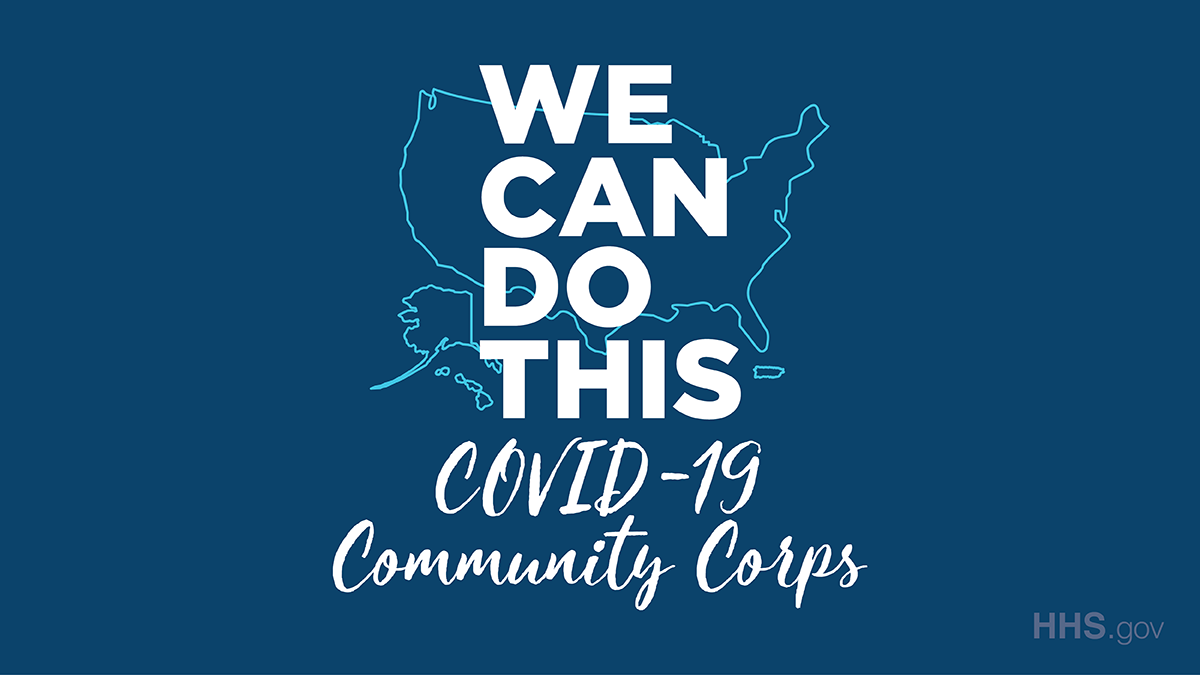
The ARCH Coalition was originally founded in 2017 and incorporated as a 501(c)(3) nonprofit corporation in the summer of 2019. We had established our mission and developed much of our strategy (which was to work holistically to identify and address the large and complex issues facing our rural communities. We set for ourselves a (necessarily) very ambitious task, figuring out how to deal with all of those complicated issues, all at the same time. Then came COVID, and for us, like many, many other organizations (and people), our attention got suddenly focused.
While our overall vision didn't change, we did shift our priorities to the issues that were most fundamental and most likely to need attention during the COVID response, namely housing, nutrition, information, and the healthcare response to the pandemic.
At the beginning, because there was little else we could do, at the time, informing the public seemed to be the best place to put our efforts. Our CEO has a background in biomedical research and has written many articles for the public on science and technology issues, so we published a number of articles on our social media on the nature of the virus, the disease, and, eventually, on the vaccines. We also used our website and social media to pass along current information and guidance from the CDC and the Kentucky Department of Public Health. This effort was both to try to provide accurate and up-to-date information and to counter some of the disinformation that was rampant during the pandemic.
When we began our Community Health Worker network in 2021, they were tasked with promoting safe practices and vaccination among their clients and at public events.
We also worked with the only homeless shelter in the area to be prepared for an increase in the number of un-housed people as the pandemic took its economic toll and, particularly, once the eviction moratoria expired. Fortunately, COVID-related funding from the federal government allowed the shelter, which had previously only been a cold weather shelter, open only at night between October and April, to operate as a 24-hour, year-round facility.
Although this area was hit quite hard and quite early by the pandemic, our local governments, healthcare providers, health departments, non-profits, schools and other groups responded admirably well, making the journey of our communities as smooth as it could have been.